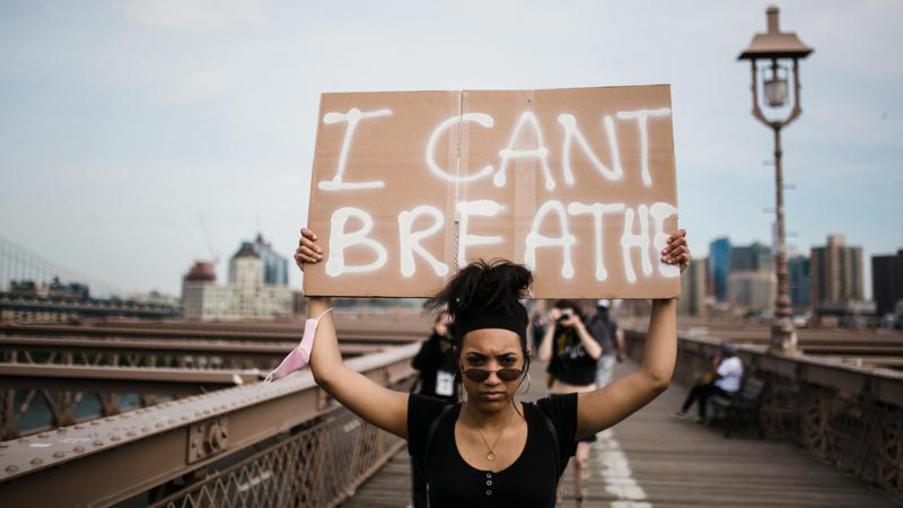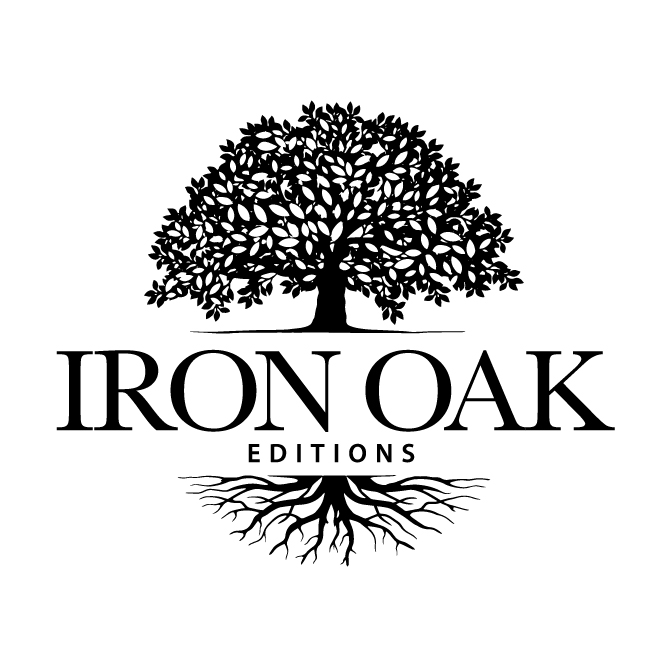by Sébastien Luc Butler
August 20, 2024
Bluff by Danez Smith; Graywolf; 160 pages; $18.00.
Danez Smith’s latest collection Bluff is part manifesto, part confession and self-interrogation, and part document of our nation’s ever evolving, far from new sins. Smith, a celebrated poet and prominent figure in the recent boycott against the Poetry Foundation’s refusal to take a stance on the genocide in Gaza, delivers a collection of poems which sprawl across 140 pages. Redlining, ecological collapse, the George Floyd protests, and this nation’s ongoing murder of its black citizens are urgently and necessarily intertwined with Smith’s own personal and artistic demons—ego, fame, audience, purpose, and feelings of complicity within a system which brutalizes in myriad petty and immense ways.
Here, too, like many contemporary collections, is an overt anxiety about poetry itself—the role it has to play in an era of compounding crises, or perhaps, the role it shouldn’t have. Questioning the artist's job and impact vis-a-vis the realm of political struggle hardly begins in our time. Adorno famously said that writing poetry after Auschwitz was barbaric. Yet, poetry is still here, inarguably enriched since his declaration. Smith dissects the idea that writing is complicit with silence, or is an evasion from engagement in several poems all titled “anti poetica”: “there is no poem greater than feeding someone / there is no poem wiser than kindness…there is no poem free from money’s ruin…no poem to free you.” This play on the classic poetic form of the ars poetica runs the risk of collapsing under its own innerward-ness and self-undercutting, like a snake eating its own tail.
While Bluff is not totally free of such moments, Smith’s immense skill and heart as both a poet and a person buoy the collection. A plethora of forms run its length, from docu-poetical pieces such as “rondo”, experiments with concrete poetics like “on knowledge,” sections of prose which embody more essay than poem, and even a QR code poem taking readers to a piece whose formatting and spacing render it unprintable in a traditional book. The poem’s wild swirls of language are allowed to be properly displayed only on the webpage. It’s as if Smith’s lines of thought and of feeling are exceeding what the poetry page can hold. They are, quite literally, moving beyond it.
If the collection starts with poetry’s failure in the first “anti poetica," it doesn't stay there. Smith keeps digging, readjusting, rummaging around within the shattered medium to see if it might still hold something worthwhile. Bluff overflows with questions. In one section of the penultimate poem “soon," comprised almost entirely of them: “what is my eden? Is our eden the same as mine? / who is us? Is there an eden between us? what must / i give up for us?...” Smith holds the reader in this uncertainty, these contradictions, refusing to give an easy answer, or at other times refusing even the possibility of answers.
What this approach lacks in useful clarity, it makes up for in a profoundly successful unsettling of common ideas around art, love, politics, and violence. One walks away from Bluff re-examining their life, choices, excuses, complicity, and inaction in the world-spanning machinery of oppression. One feels quite similar to Emily Dickinson’s description of poetry as the top of one’s head being taken off. Elements of the style, deliberately unposed, mistrusting of craft and norm, bring to mind Ginsberg or the New York School, but Smith’s analysis of America’s systems of death and exploitation cut far deeper. Part of that difference is a far more attuned and visceral examination of race. Part of that difference is our moment's concern with medium itself, language’s inadequacy, and art’s problematic position to power.
Despite the overt distrust of poetic convention, there are still lyrically inclined pieces, like “Jesus be a durag," or “Dede was the last person i came out to," where Smith’s knack for enjambment, form, and sonics shine: “gods within & ungodded tomorrows, work together / to build us into tools to build / a world we are grateful for / not grateful in spite of.” This blatant contradiction, to decry poetry and then keep writing poetry, is one of Bluff’s confounding but also exhilarating themes. It is an unrelenting examination of an artist’s deepest fears, regrets, hopes, and contradictions.
What, in the end, can poetry best serve to do other than contradict? In “after & before," they write: “warlessness is love’s pipe dream / love is war’s antonym / war is love’s necessity…love is not innocent.” To love one’s home is also to hate one’s home. To disown America is to be just another American. What does it mean to raise up children who hold death in their hearts which they will visit on more children? Where is the way out of these quandaries? Smith isn’t sure. Despite the second anti peotica’s demand to “hate the poem when you read it”, I can’t do that with Bluff. Neither, it seems, does Smith. The third anti poetica is in fact an “ars poetica”: “i write i try i try to assist witness / until love, mine, shifts / in the bed & snores a little louder / & i turn the poem to him.”
Bluff is painfully bleak one page, viscerally hopeful the next. In this, it is a stark embodiment of what it feels to be alive in this country: head-spinning, messy, ravenous, awful, uneven, and pulled in a thousand directions at once.
__________________________________________________________________________________________________________________________________________________________________________
__________________________________________________________________________________________________________________________________________________________________________
__________________________________________________________________________________________________________________________________________________________________________
“No Poem to Free You”: A Review of Danez Smith’s Bluff
POETRY REVIEW
Image by Life Matters from Pexels
Sébastien Luc Butler holds an MFA from the University of Virginia, where he was a Poe/Faulkner Fellow in poetry, and served as poetry editor for Meridian. His poems have appeared in or are forthcoming from Narrative Magazine, Pleiades, Black Warrior Review, Southeast Review, the minnesota review, Four Way Review, The Journal, Southern Indiana Review, and elsewhere. The recipient of the 2021 Hopwood Award for Poetry, a finalist for the 2023 Black Warrior Review Poetry Contest, and a semi-finalist for the Red Wheelbarrow Poetry Prize, his writing and reviews can be found at Fifty Grande and Foreword Reviews. He currently serves as an assistant poetry editor at West Trade Review. Hailing from Michigan, he resides in Brooklyn with his partner and their cat.
__________________________________________________________________________________________________________________________________________________________________________
__________________________________________________________________________________________________________________________________________________________________________
© 2024 Iron Oak Editions
Stay Connected to Our Literary Community. Subscribe to Our Newsletter







